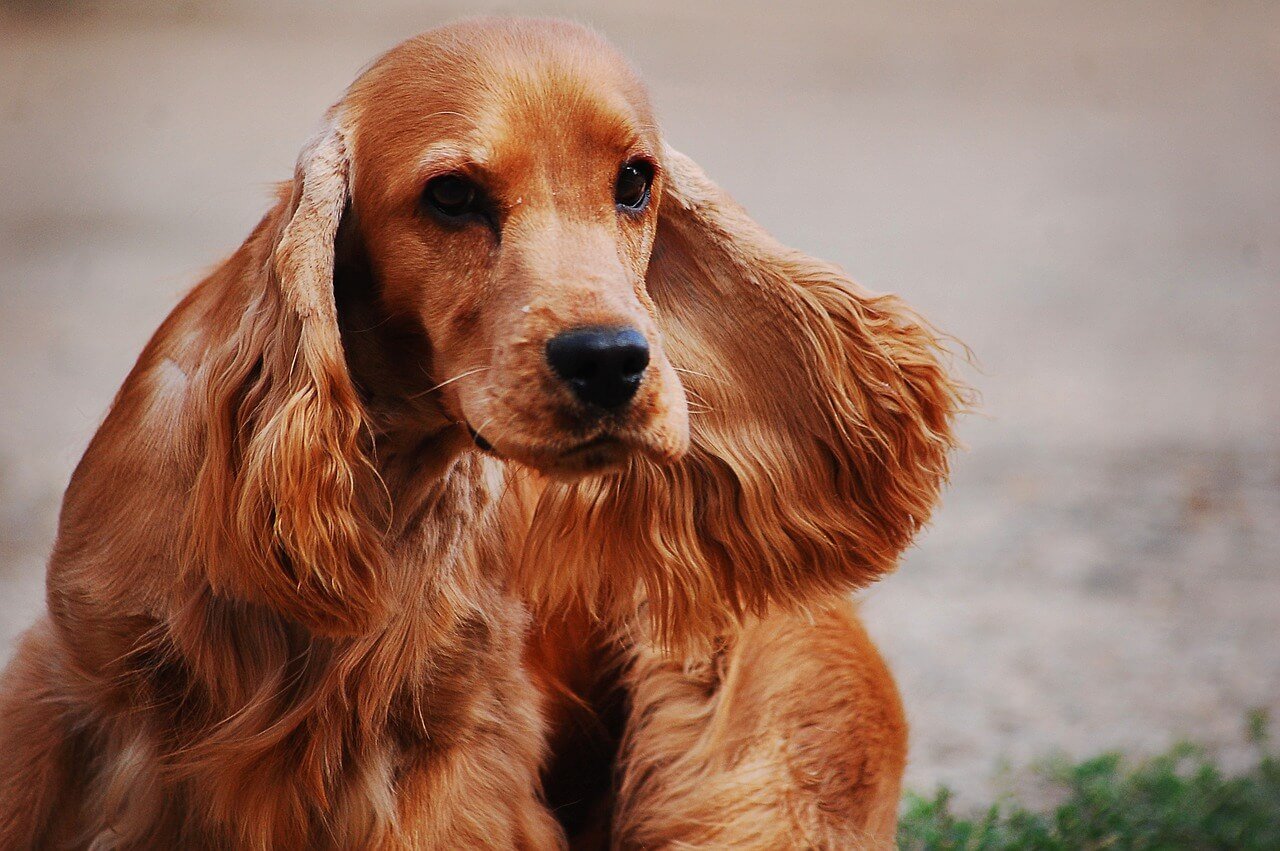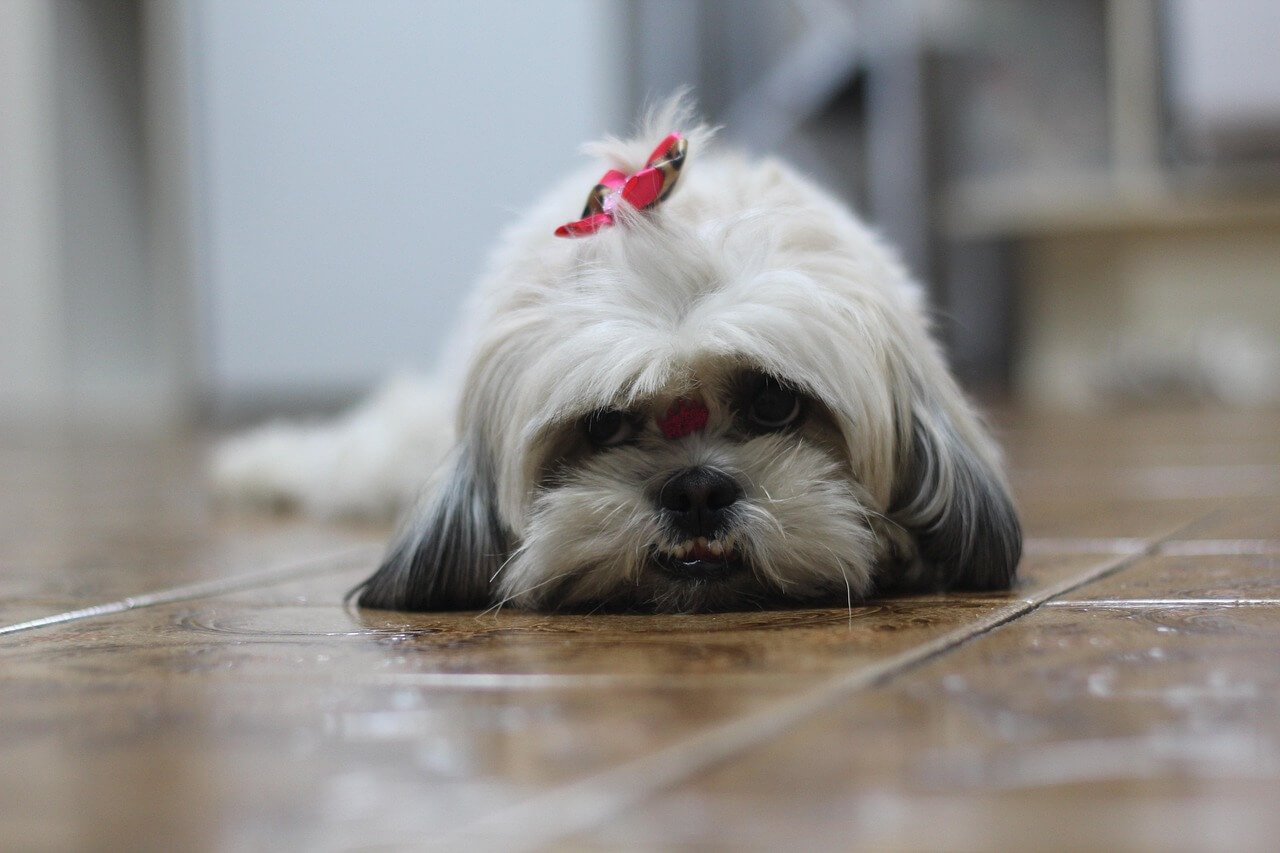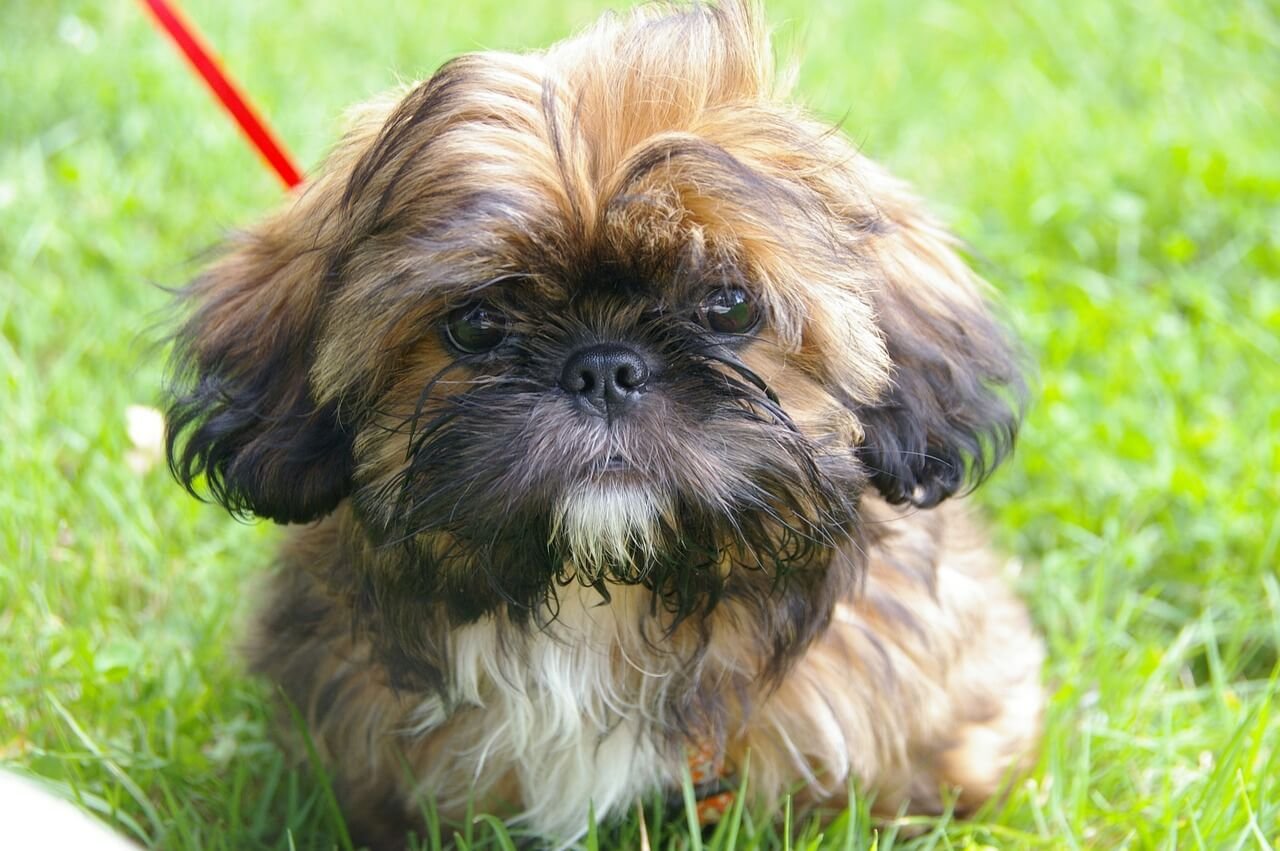Are Shih Tzus Hypoallergenic? Unpacking the Truth
If you’re considering adding a Shih Tzu to your family, one of the first questions that might come to mind is whether they are hypoallergenic. Known for their adorable faces, luxurious coats, and affectionate personalities, Shih Tzus are a popular choice among dog lovers. However, for individuals with allergies, the idea of pet hair and dander can be a dealbreaker. So, are Shih Tzus truly hypoallergenic? In this blog post, we’ll explore what “hypoallergenic” really means, how it applies to Shih Tzus, and what you can do to minimize allergens if you decide to bring one of these charming dogs into your home.
What Does “Hypoallergenic” Mean for Dogs?
Before diving into whether Shih Tzus are hypoallergenic, it’s important to understand what this term actually means when applied to dogs. Contrary to popular belief, no dog is completely hypoallergenic. The term refers to breeds that are less likely to trigger allergic reactions in people. Here’s a breakdown of key factors related to hypoallergenic dogs:
Dander: Allergies are often caused by proteins found in a dog’s skin flakes, known as dander, rather than their fur.
Saliva and Urine: Allergens can also be present in a dog’s saliva and urine, which may transfer to their coat during grooming.
Shedding Levels: Dogs that shed minimally or have hair instead of fur tend to spread fewer allergens around the home.
Coat Maintenance: Regular grooming can help reduce allergens by removing loose hair and dander.
Individual Sensitivities: Allergic reactions vary from person to person, so what works for one individual may not work for another.
Understanding these factors will help you make an informed decision about whether a Shih Tzu—or any dog—is suitable for someone with allergies.
Shih Tzu Coat Characteristics
The Shih Tzu’s coat plays a significant role in determining its hypoallergenic potential. While they are often listed as a hypoallergenic breed, there are nuances to consider. Here’s what makes their coat unique and how it affects allergen levels:
Double Coat: Shih Tzus have a double coat consisting of a soft undercoat and a longer outer coat, which requires regular grooming.
Hair vs. Fur: Unlike many breeds, Shih Tzus have hair that grows continuously, similar to human hair, rather than shedding fur.
Minimal Shedding: They shed very little compared to other breeds, which reduces the amount of dander released into the environment.
Tangling and Matting: Their long, silky coat is prone to tangling and matting, which can trap allergens if not properly maintained.
Grooming Needs: Frequent brushing and professional grooming are necessary to keep their coat healthy and allergen-free.
While Shih Tzus produce fewer allergens due to their coat type, consistent care is essential to ensure they remain a good fit for allergy sufferers.
Check this guide 👉How to Groom a Shih Tzu: Best 7 Expert Tips!
Check this guide 👉How Long Do Shih Tzus Live? Best 7 Expert Tips!
Check this guide 👉The Best Dog Food for Shih Tzu: Best 7 Expert Tips!

Pros of Owning a Shih Tzu | Cons of Owning a Shih Tzu |
|---|---|
Minimal shedding | Requires frequent grooming |
Affectionate and loyal companions | Can be stubborn during training |
Adaptable to small living spaces | Prone to health issues like brachycephalic syndrome |
Great for families with children | May trigger allergies in sensitive individuals |
Low exercise needs | Can be vocal and bark frequently |
Tips for Managing Allergies with a Shih Tzu
If you’re an allergy sufferer considering a Shih Tzu, there are several steps you can take to minimize allergens in your home. These practical tips can make cohabitation more comfortable for both you and your furry friend:
Frequent Bathing: Bathe your Shih Tzu regularly to remove dander and allergens from their coat.
Brushing Routine: Brush their coat daily to prevent loose hair and dander from spreading around the house.
Air Purifiers: Use HEPA air purifiers to filter out allergens from the air in your living space.
Designated Pet Areas: Limit your Shih Tzu’s access to certain areas of the home, such as bedrooms, to create allergen-free zones.
Wash Bedding Often: Clean your Shih Tzu’s bedding and toys frequently to reduce allergen buildup.
By implementing these strategies, you can significantly reduce the impact of allergens while enjoying the companionship of a Shih Tzu.
Common Misconceptions About Shih Tzus and Allergies
There are several misconceptions about Shih Tzus and their hypoallergenic status that can lead to confusion. Let’s clear up some of the most common myths surrounding this topic:
Myth: Shih Tzus don’t cause allergies at all.
Reality: While they produce fewer allergens, no dog is completely allergen-free.Myth: Grooming isn’t necessary for hypoallergenic breeds.
Reality: Regular grooming is crucial to manage shedding and dander effectively.Myth: Only people with severe allergies need to worry.
Reality: Even mild allergy sufferers may experience symptoms depending on their sensitivity.Myth: Short-haired dogs are better for allergies.
Reality: Hair length doesn’t determine allergenic potential; shedding levels and coat maintenance matter more.Myth: All Shih Tzus affect allergy sufferers the same way.
Reality: Individual reactions vary, so spending time with a Shih Tzu beforehand is recommended.
Understanding these misconceptions will help you set realistic expectations when bringing a Shih Tzu into your home.
Health Considerations for Shih Tzus
Shih Tzus are generally healthy dogs, but like all breeds, they are prone to certain health issues that potential owners should be aware of. Understanding these conditions can help you provide the best care for your furry friend. Here are some common health concerns associated with Shih Tzus:
Brachycephalic Syndrome: Their flat faces can lead to breathing difficulties, especially in hot or humid weather.
Hip Dysplasia: This condition affects the hip joints and can cause discomfort or mobility issues.
Dental Problems: Shih Tzus are prone to tooth decay and gum disease due to their small mouths and crowded teeth.
Eye Issues: Conditions like dry eye, progressive retinal atrophy (PRA), and cataracts are common in this breed.
Allergies: Skin allergies caused by food, environmental factors, or parasites can lead to itching and irritation.
By staying informed about these potential health concerns, you can take proactive steps to ensure your Shih Tzu lives a long, happy, and healthy life.
Training Challenges and Solutions
Training a Shih Tzu can be both rewarding and challenging due to their independent and sometimes stubborn nature. However, with the right approach, you can overcome these hurdles and build a strong bond with your dog. Here are some training tips and solutions tailored to Shih Tzus:
Start Early: Begin training during puppyhood to establish good habits and prevent behavioral issues later on.
Use Positive Reinforcement: Reward-based methods, such as treats and praise, work best for motivating Shih Tzus.
Keep Sessions Short: Their attention span is limited, so aim for 5-10 minute sessions to maintain focus.
Be Patient: Shih Tzus may take longer to learn commands, so patience and consistency are key.
Socialize Regularly: Expose them to different people, animals, and environments to reduce fearfulness and aggression.
With dedication and a positive attitude, you can successfully train your Shih Tzu and enjoy a well-behaved companion.
Living Environment Needs for Shih Tzus
Shih Tzus adapt well to various living situations, but certain environmental factors can enhance their comfort and happiness. Providing the right setting ensures they thrive both physically and emotionally. Here’s what to consider when creating an ideal environment for your Shih Tzu:
Indoor Living: Shih Tzus are indoor dogs and do best in homes where they can stay close to their family.
Climate Control: They are sensitive to extreme temperatures, so keep them cool in summer and warm in winter.
Safe Spaces: Provide a cozy bed or crate where they can retreat when feeling overwhelmed or tired.
Limited Outdoor Time: Avoid prolonged exposure to harsh weather conditions, as their flat faces make breathing difficult in heat or cold.
Toys and Stimulation: Offer interactive toys and activities to keep their minds engaged and prevent boredom.
By tailoring their environment to meet their needs, you can ensure your Shih Tzu feels safe, loved, and content in your home.
Frequently Asked Questions About Shih Tzus and Allergies
Are Shih Tzus completely hypoallergenic?
No, but they are considered hypoallergenic because they shed minimally and produce fewer allergens compared to other breeds.
How often should I bathe my Shih Tzu?
Bathing every 3-4 weeks is ideal to keep their coat clean and reduce allergens.
Do Shih Tzus require a lot of grooming?
Yes, their long coat needs daily brushing and professional grooming every 4-6 weeks.
Can I own a Shih Tzu if I have asthma?
It depends on your sensitivity level. Spend time with a Shih Tzu before committing to ensure compatibility.
What are some hypoallergenic alternatives to Shih Tzus?
Breeds like Poodles, Bichon Frises, and Portuguese Water Dogs are also considered hypoallergenic options.
In Conclusion: Are Shih Tzus Right for You?
So, are Shih Tzus hypoallergenic? The answer lies somewhere in between. While they produce fewer allergens and shed minimally, no dog is entirely free of allergens. For those willing to invest time in grooming and maintaining a clean living environment, Shih Tzus can be wonderful companions even for allergy sufferers. Their affectionate nature, adaptability, and charm make them a joy to have around. If you’re considering a Shih Tzu, spend time with one beforehand to gauge your reaction, and consult with an allergist for personalized advice. With the right preparation, you might just find that a Shih Tzu fits perfectly into your life—and heart.
How Much Is a Cocker Spaniel? Best 7 Expert Tips! Discover the true cost of owning a Cocker Spaniel, from initial expenses to expert advice on budgeting and care. Perfect for future owners!
How Much Should a Shih Tzu Weigh? Best 7 Expert Tips! Discover the ideal weight range, factors influencing it, and expert advice to keep your Shih Tzu healthy and happy.
How Much Does a Shih Tzu Cost? Best 7 Expert Tips! Discover the true cost of owning a Shih Tzu, from initial expenses to hidden fees. Perfect for future owners!
Are Shih Tzus Hypoallergenic? Best 7 Health Tips! Discover if Shih Tzus are hypoallergenic and learn expert advice to manage allergies with this beloved breed. Perfect for allergy sufferers!




